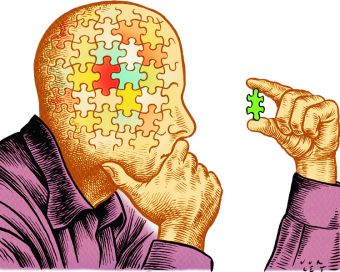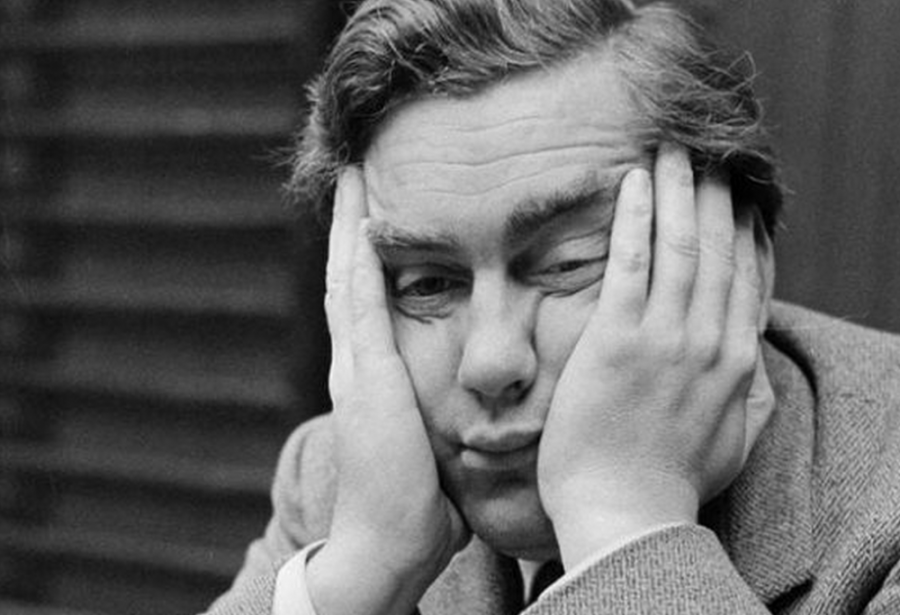The insights in this entry are based on my readings of two 18th century thinkers of cultural pessimism: Jean Jacques Rousseau and Giacomo Leopardi.
Why things fall apart
Beyond the structures of knowledge, past the artifices of ideas, and beneath our concepts is a chaotic mass of change, where all is flux, nothing remains constant, including our affections or attachments to these inconstant things – for they also vanish and change as well. Our desires or dreams or wishes are elsewhere; tomorrow, yesterday, but not today. Dour pessimists credit the source of suffering with existence in time, for man is a time-bound species. Although it is possible to experience brief, fleeting glimpses into transcendence – timelessness – only animals experience constant timelessness, and perhaps the preconscious ancestors of the human race as well. While animals do experience age and death, they are blissfully ignorant of this. They do not change – and with much simpler lives, they are also much happier. Their ignorance of time wards off thoughts about the future or the past. The ability to compare ourselves to our memories or visualized future allows us to reflect and invent plans to improve ourselves. Being conscious of time, however, turns us into slaves in our dissatisfaction with ourselves, constantly comparing us with others, competing consciously or unconsciously. Continue reading Why things fall apart, or all that’s solid melts in air…








